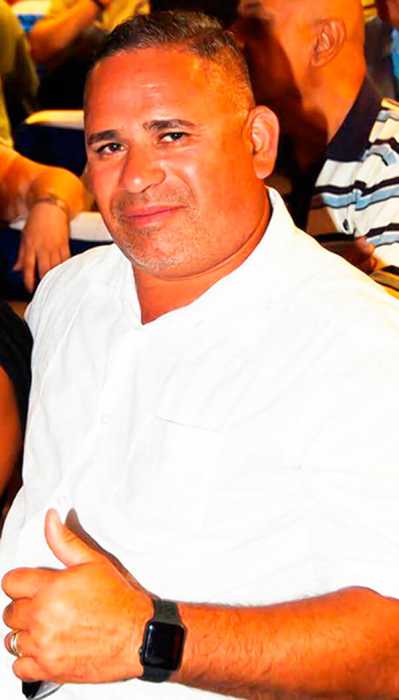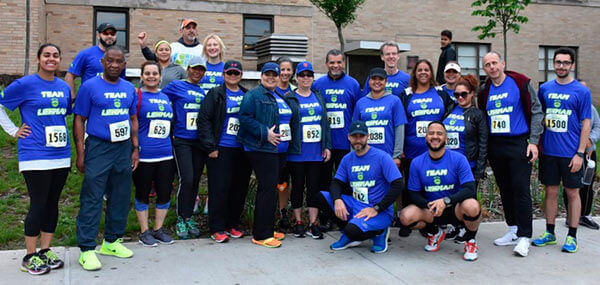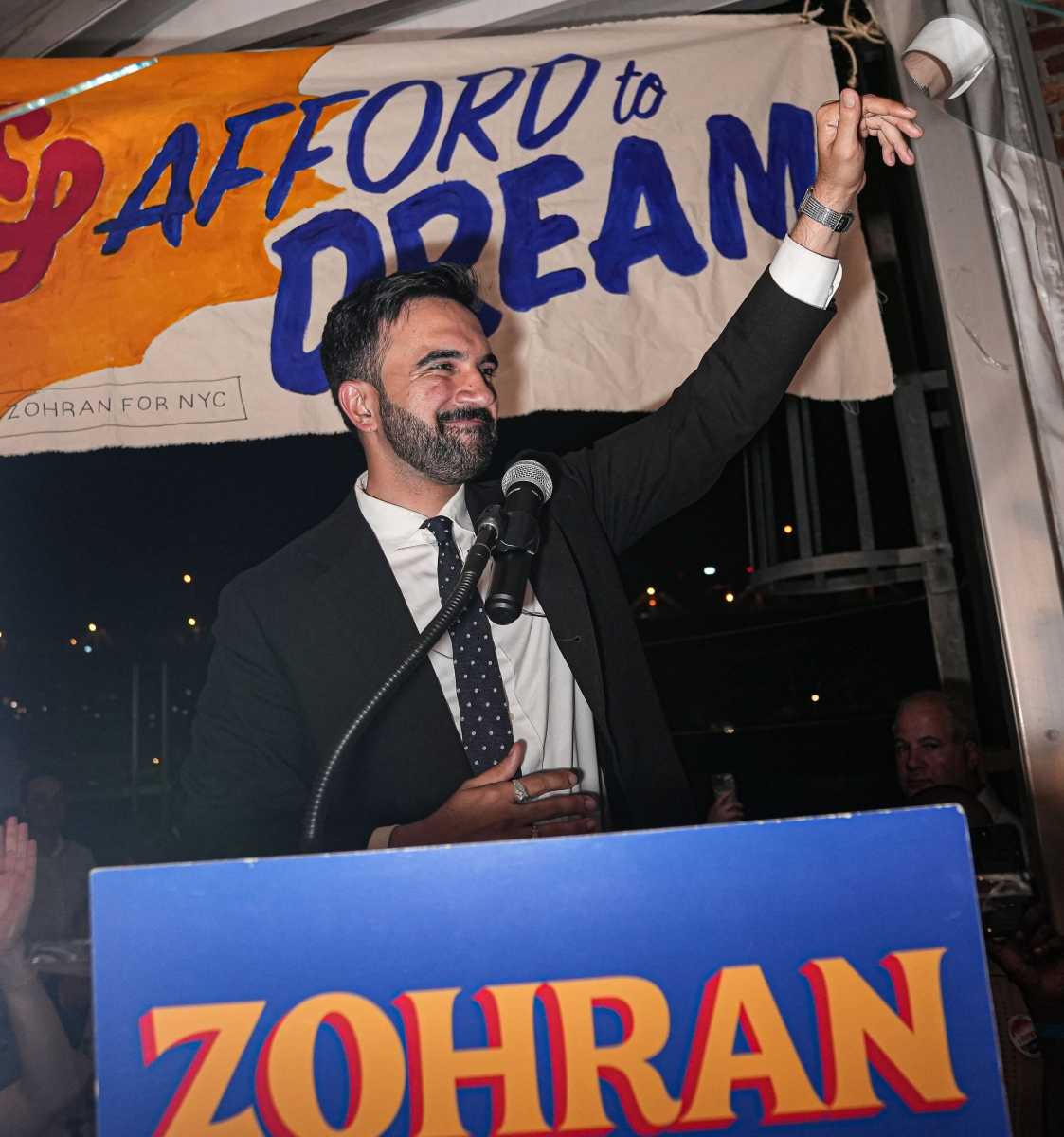It can be difficult for many of the U.S.’s multiracial and multicultural communities to find the correct box to check on federal forms that ask for one’s racial and ethnic identity.
For Afro-Latinas in the Bronx like Marise Herrera, the default for the past two census cycles has been to identify as Hispanic, even if she’s phenotypically Black and feels like she’s been “culturally raised” as a Black American. In order to be recognized as Garífuna in the 2020 census, members of the community wrote “Garífuna” or “Honduran” on the form under origin Hispanic, and then checked the box for Black or African American, members of the Garífuna told the Bronx Times.
Despite gradual changes to census forms and other federal data collection to include Hispanic or Latino categories — asking origin or descent for Mexican, Puerto Rican, Cuban, Central or South American, and other Spanish identities began in 1970 — the 2020 census continued a three-decade trend of undercounting Black people, Latinos and Native Americans.
One of the ways in which federal agencies are looking to fix those undercounts is through SPD 15, a minimum set of categories that agencies must use if they intend to collect information on race and ethnicity.
SPD 15 hasn’t been updated since 1997.
The Bronx is the only majority-Hispanic county in the Northeast, with Hispanic Bronxites accounting for roughly 54% of the borough’s population. But several Afro-Latino communities, among other groups, have long felt excluded by limited selections on federal forms.
In the most recent census, roughly 44% of Latinos either did not answer the race question at all or checked off the ambiguous “some other race,” category, according to data released by the U.S. Census Bureau last month.
“I can feel like an ‘othering’ experience, you know?” said Herrera, a resident of Fordham Heights. “Sometimes, it feels like a bit of imposter syndrome to check a box that doesn’t reflect who you are entirely.”
Census officials told the Bronx Times that since the last census in 2020, working groups have been identifying ways in which to improve upon SPD 15, and that it’s extending the public comment process, which originally ended on April 27. Any updates to SPD15 would fall on the White House’s largest office, the Office of Management and Budget (OMB), the federal entity that mandates racial and ethnic categories used in all federal surveys and statistical reporting.
A trio of New York’s federal lawmakers, including Bronx electeds Ritchie Torres and Adriano Espilliat, propose revisions to SPD15 that would expand on the “Black” category in census forms to include Black or African American or Afro/Black Latino.

Lawmakers believe that without designation to include Afro-Latinos, federal data from the decennial census — which dictates distribution of funds and assistance to states based on that information — are severely handicapping the U.S. Afro-Latino groups when it comes to much-needed aid.
Additionally, Arab Americans and communities from the Middle East and North Africa (MENA) also clamor for more accurate representation on these forms.
“The current way the federal government is counting these populations is not sustainable to defeat the undercount of Latinos in the United States in a matter that is inclusive and driven by whole data,” Torres told the Bronx Times. “Correcting this issue in a way that encompasses the multilayered identities and experiences of Latinos can help us better identify racial disparities at home, strengthen civil rights enforcement, give us a more accurate picture of our communities, and help prevent people in vulnerable and underserved areas from receiving adequate resources.”
Members of the working groups have identified, since 1997, various societal, political, economic and demographic shifts that have vastly outdated the SPD 15 standards including a growing number of populations that identify with more than one race or ethnicity and changing immigration and migration patterns.
Analysts, according to the lawmakers’ letter to OMB and the U.S. Census Bureau, have cited the Trump administration’s attempt to include a citizenship question on the census, as well as challenges associated with the coronavirus pandemic, as the main factors contributing to the undercount.
“We respectfully request that further testing be conducted that will involve more Afro-Latino populations as samples and to have meaningful engagement with Afro-Latino organizations and scholars that can help ensure the Black Latino count does not arbitrarily decrease further,” penned lawmakers in their letter.





















